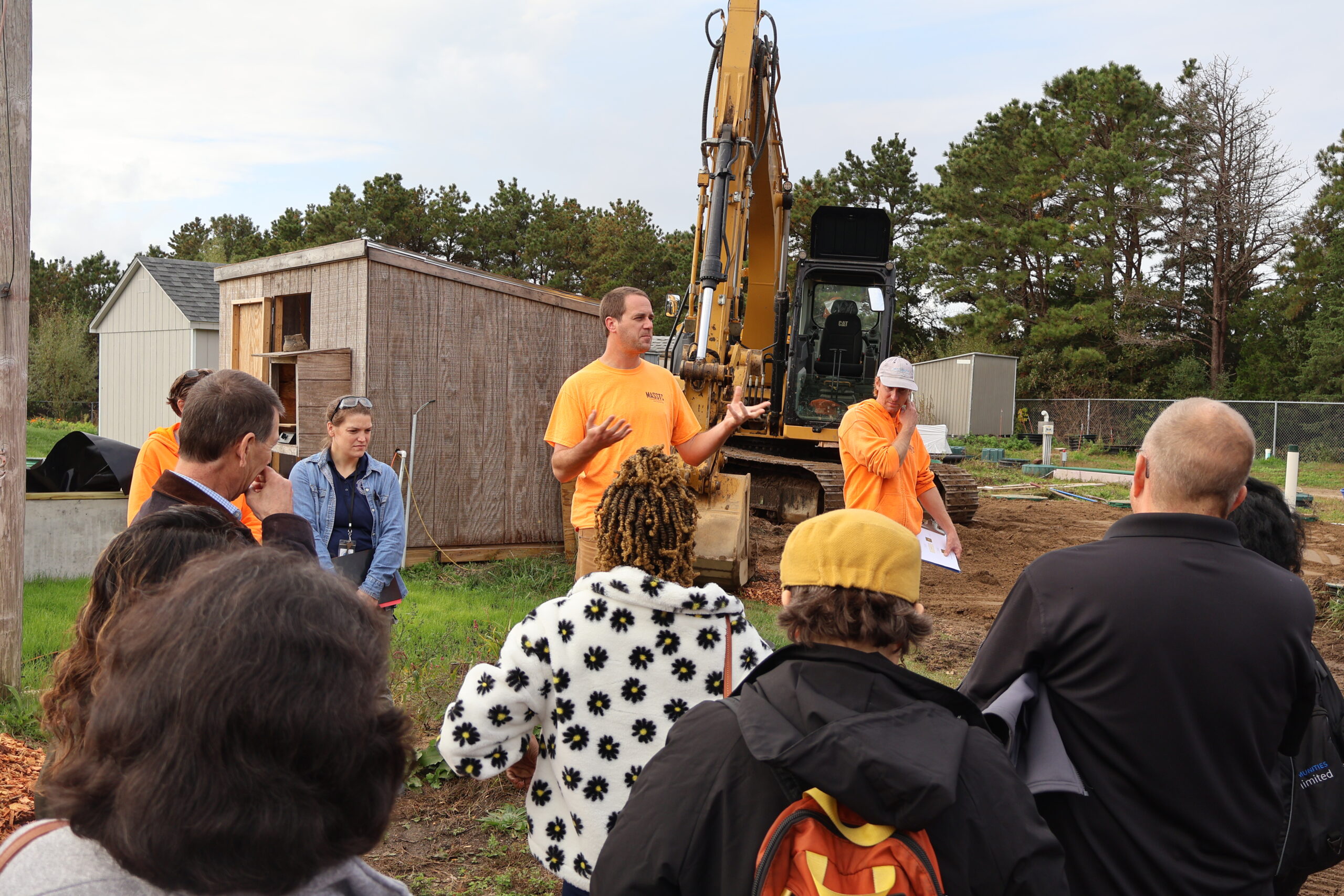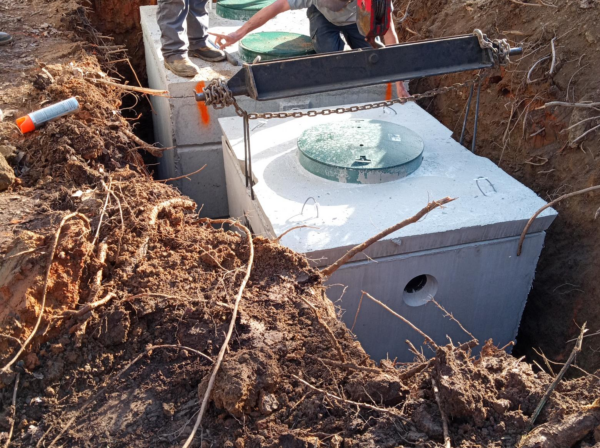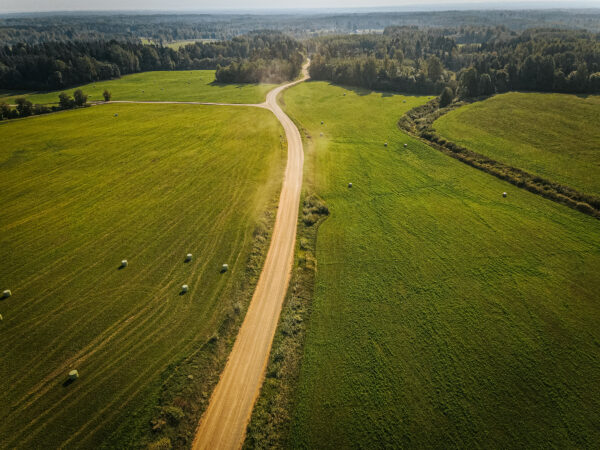When the Going Gets Rural: Five Challenges Technical Assistance Providers Can’t Escape

Across rural America and U.S.-held territories, RCAP technical assistance providers (TAPs) help rural communities navigate complex bureaucracies, secure funding and implement infrastructure projects vital to regional economies. However, TAPs face unique challenges that make their jobs incredibly difficult, to put it mildly. Despite the headaches, dedicated rural development specialists understand their critical role as a lifeline connecting communities with the resources they need.
From the banks of the Colorado River to the archipelagos of Micronesia, Rural Community Assistance Corporation (RCAC) – the Western RCAP – serves a remarkably diverse region. Regardless of the specific culture or geography, the communities RCAC assists often confront the same basic issues. Get ready, because here are five of the most frustratingly typical challenges TAPs encounter – and why overcoming them requires a whole lot of grit.
1. Tech Time Warp: Back to Y2K!
Do you think the small-town wastewater operator ghosted you? Well, maybe they did – or maybe they’re dealing with spotty bandwidth. You might find yourself dusting off your fax machine – or googling a tutorial on how to use one – or becoming an in-person courier, hand-delivering documents so your partners don’t miss critical application deadlines. Welcome to the analog shuffle! Advocating for better connectivity is a long-term battle being fought on various levels but, in the meantime, prepare to deal with the same technological frustrations rural water operators face.
2. Capacity – Where Did Everybody Go?
Have you ever tried to find a qualified engineer in a town smaller than your high school? You might arrive expecting a formal office but instead find yourself working with a few volunteers juggling their board duties with full-time jobs or businesses and busy lives of their own, including other community leadership roles. Imagine the person who organizes the town festival also taking a crash course in cryptic agency guidelines and cumbersome grant applications. On the most basic level, these communities lack the homegrown capacity for major infrastructure projects.
Finding qualified engineers, contractors and other professionals to work in remote rural areas is its own challenge. Communities regularly face overpriced, substandard services and long delays when searching for reliable vendors. Expect to spend significant time helping communities navigate the procurement process, vetting bidders and ensuring that projects are technically sound. You may also find yourself mediating disputes, acting as a watchdog to protect community interests, and providing impromptu project management seminars. Your ability to adapt is crucial!
3. Jumping Through Hoops While Drowning in Acronyms (JTHWDA)
Navigating the labyrinth of federal, state and local regulations is a formidable task, even for seasoned TA providers. In chronically under-resourced rural areas, the process becomes even more daunting. The alphabet soup of acronyms – RUS, SDWA, CWSRF, TTHM, VOCs and countless others– becomes a second language that takes significant time and effort to master. Understanding the nuances of agency procedures, interpreting timelines and adapting to an ever-evolving regulatory landscape requires specialized expertise and relentless dedication.
Technological constraints can add another layer of complexity; online portals designed to aid the application process often require extensive navigation and troubleshooting due to their design, shifting requirements and occasional technical glitches. The TAP’s ability to navigate these challenges is a vital skill and critical for assisting rural communities to secure the support they need.
4. Time Isn’t Your Friend, Perseverance Is
Rural communities facing wastewater system failure have no time to spare; when things really start to stink, they’re exposed to potential regulatory fines and public health risks, and resulting cascading economic consequences that can destabilize entire local economies. Securing funding, getting regulatory approvals and finishing construction projects can take an agonizingly long time. The ability to manage expectations, advocate tirelessly for action and celebrate even incremental progress is essential for project success and community morale – not to mention your sense of purpose and mental health. Remember: the road to success isn’t always straightforward, and the biggest wins can come from overcoming unexpected setbacks!
5. Empty Pockets, Full Potential
The fundamental challenge lies in a critical resource scarcity – a symptom of deep-rooted structural inequalities that favor metropolitan centers at the expense of rural zones, which is a worldwide phenomenon. Rural communities bear the brunt of historical neglect, underinvestment and other structural barriers that continuously limit access to capital and professional expertise. These factors make it tough to keep basic services running and aggravate rural communities’ inherent disadvantages in a playing field heavily skewed in favor of more urbanized, affluent regions.
Think of it this way: smaller communities often receive fewer resources up front, making it harder to attract businesses, skilled professionals and even essential workers. This creates a negative feedback loop where the lack of resources leads to even fewer resources. Over time, it becomes incredibly challenging for these communities to compete on their own, even when they have amazing ideas or potential.
To effectively tackle these problems, it’s important to understand the historical contexts and inequities that continue to shape rural communities and their proven track record of finding creative solutions with limited means. This is crucial for crafting strategies that mitigate immediate challenges and pave the way for sustainable development over the long haul.
Rural communities embody a spirit of resourcefulness and determination that can spark remarkable growth when given the right opportunities. By partnering with organizations like RCAP, these communities leverage their strengths, develop strategies for positive change and energetically build a future where they flourish on their own terms.
This article was funded under RCAP’s EPA Wastewater 2022 – 2024 grant.



